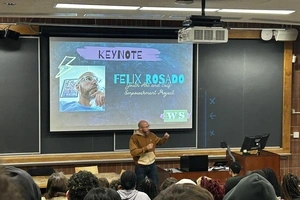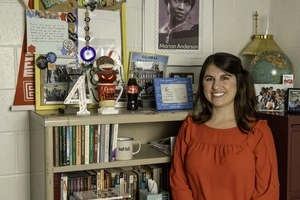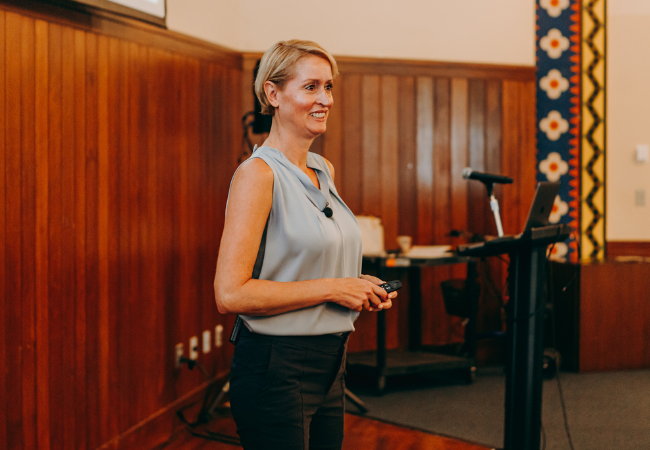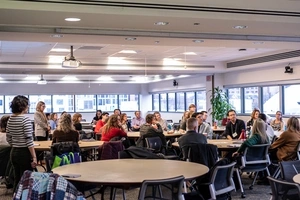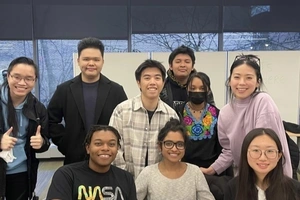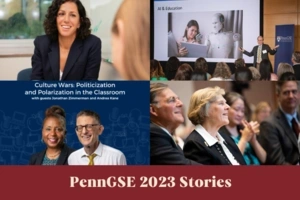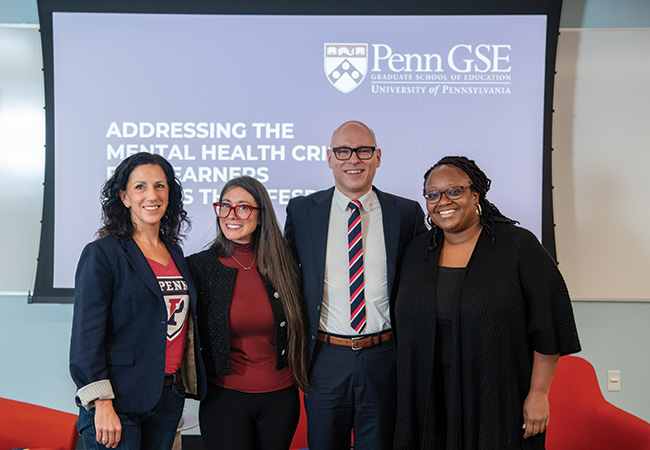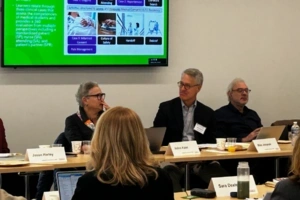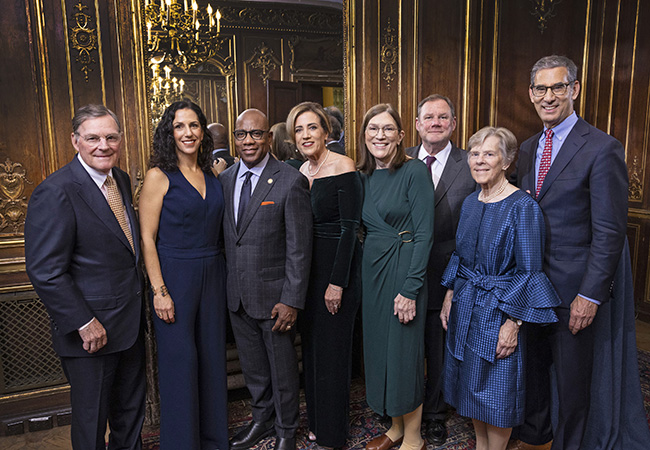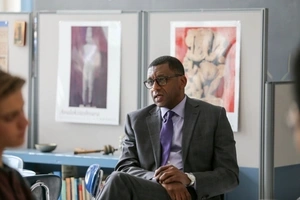-

Assistant professor calls for a new, more equitable funding formula that addresses racial and socioeconomic disparities.
-
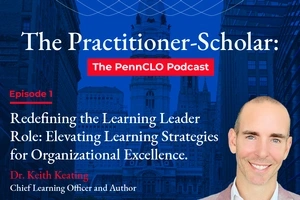 Topics
TopicsWe converse with Dr. Keith Keating, author of 'The Trusted Learning Advisor,' to focus on the evolving role of learning leaders in today's organizations and explore how his groundbreaking book offers a transformative framework for learning leaders, emphasizing innovative strategies that go beyond traditional methods.
-
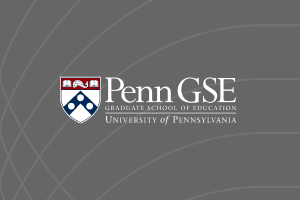
Richard Ingersoll identifies a critical issue in education: the mismatch between the growing number of STEM classes and the declining preparation of teachers for these subjects. He notes the shift towards less experienced teachers, contributing to a "revolving door" phenomenon in schools, which impacts teacher retention and student learning.
-

Laura Perna suggests that while community college is often promoted as an affordable educational route, it's not a universal solution due to limitations like accessibility and credit transfer issues, and emphasizes the need for a reevaluation of who bears the costs of higher education, advocating for a role for state and federal governments in making it more accessible and affordable.
-
 Topics
TopicsSchool administrators across the country are facing political challenges they might not have expected when they entered education. Sigal Ben-Porath, MRMJJ Presidential Professor, recently offered advice in School Administrator magazine for how superintendents and other leaders can navigate these pressures.
-

A new year means a new version of the RHSU Edu-Scholar Public Influence Rankings, with the 2024 edition announced yesterday by Education Week. Nine researchers from the University of Pennsylvania made the annual 200-member list, which was created by Rick Hess of the American Enterprise Institute (AEI) to gauge the public impact of ed scholars’ contributions.
-

Karen Weaver emphasizes that it is a standard practice for universities to provide financial assistance to their athletic departments, often in the form of low-interest loans. She recognizes the specific financial challenges and considerations Stanford University faces in its transition to the Atlantic Coast Conference, highlighting that such support represents a strategic and calculated decision by the university.
-

Karen Weaver acknowledges the complexity and emotional impact of cutting sports programs at universities like the University of Arizona, noting it's a difficult decision that affects loyal alumni and student-athletes, and is driven by financial challenges and varying media-rights revenues in collegiate sports.
-

According to Laura Perna, Black and Hispanic faculty are underrepresented at Maryland's largest public universities, reflecting a widespread issue in academia, with barriers to diversification including unrecognized "invisible labor," narrow definitions of merit, and bias in promotion and tenure processes, impacting faculty diversity and student-faculty ratios.

